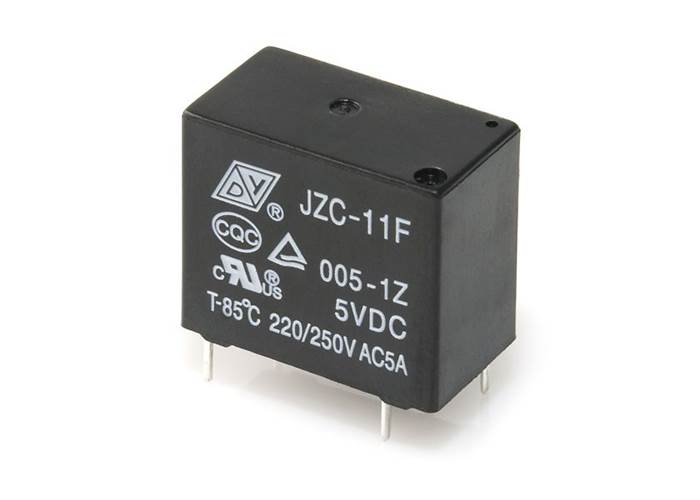Sunny55
Full Member level 3

- Joined
- Sep 15, 2012
- Messages
- 159
- Helped
- 12
- Reputation
- 24
- Reaction score
- 12
- Trophy points
- 1,298
- Activity points
- 2,404
Just wonder if i can use 5v to run a12v relay? Previously was using 13v and heard clicking sounds n relay does not work.
- - - Updated - - -
Circuit setup- converted 5v from 12v using 7805 reglulator and 5v into relay input points.
- - - Updated - - -
Circuit setup- converted 5v from 12v using 7805 reglulator and 5v into relay input points.





